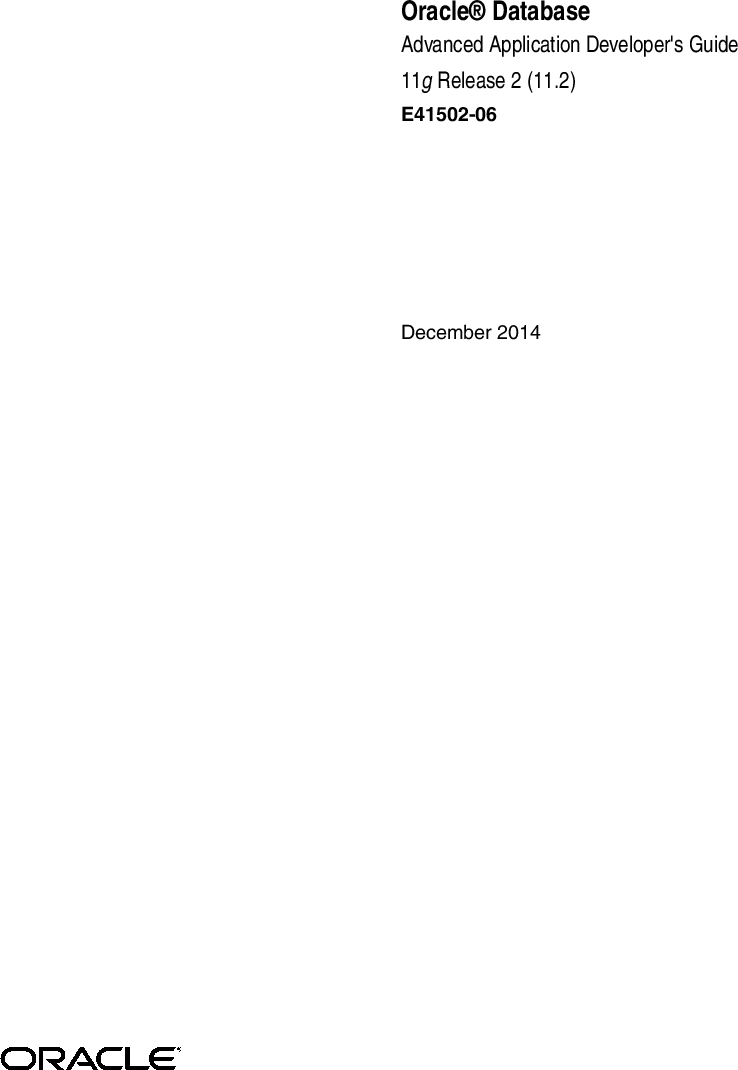


It has millions of presentations already uploaded and available with 1,000s more being uploaded by its users every day. is a leading presentation sharing website. , it can lead to a garbage value which may cause If a pointer is initialized with incorrect value.Pointers store only address but cannot store a.Like linked list, stacks, queues, trees , They help in building complex data structures.Pointers avoid any confusion by the compiler due.They give alternate way to access elements of an.As they provide direct access to memory, they.Pointer can handle array more efficiently.But in this concept(in main function) to do same.

The private variable a can be used directly.There are two ways of accessing member with.One class can have exactly one this pointer.its an in-built pointer so programmer doesnt.The pointer this acts as an implicit argument to.This is a unique pointer is automatically passed.This is a pointer that points to the object for.Represent an object that invokes a member Member and member function of same class. This pointer can be used to access the data.Into the pointer variable of the same class type When address of an object of a class is stored., comparisons ,concatenation ,reverse etc Using string of pointer searching, finding length.We can create pointer variable with string both.Using array of pointer searching, insertion,.We can create pointer variable with array both.Array is collection of similar data type.void cube(int x) x (x)(x)(x) void main() int y10 coutltltyltltendl cube(y) coutltltyltltendl output 101000 void cube(int x) x xxx void main() int y10 coutltltyltltendl cube(y) coutltltyltltendl output 101000 For eg. void cube(int x) x xxx void main() int y10 coutltltyltltendl cube(y) coutltltyltltendl output 1010 For eg. Changes done in formal parameters are reflected in actual parameters.įor eg. Changes done in formal parameters are reflected in actual parameters. Formal parameters contain the address of actual parameters.Ĭhanges done in formal parameters are not reflected in actual parameters. Formal and actual parameters share the same memory space. Separate memory is allocated to formal parameters. PASS BY VALUE PASS BY REFERENCE PASS BY POINTER cout ltlt \n After swapping value of a ltlt a ltltĬOMPARING PASS BY VALUE, PASS BY REFERENCE AND.cout ltlt \n Value of a ltlt a ltlt and b ltlt.Stored at the memory address pointed by pointer Eg (p1) This statement increments value,.as an operand and arithmetic operator such.A Pointer expression contains pointer variable.On p1 and p2 are summarized in the table below The arithmethic operations that can be performed.Statement will increase x by 2(size of int data If current address of x is 1000, then x.Size of data type in bytes, the pointer is We add 1 to a pointer, we are actually adding the Subtraction, may be performed on pointers. Two arithmetic operations, addition and.Now ptr can also be used to change/display the.coutltltptr// value pointed to by ptr will be.coutltlt ptr// address stored at ptr will be.Here the operand is a pointer variable.Stored at the address pointed to by the pointer. It is a unary operator that returns the value.That returns the memory address of its operand. Address of operator()- it is a unary operator.A pointer variable and normal variable is alwaysĭeclaration And Initialization Of Pointer.It supports dynamic memory allocation routines.A pointer is a variable which store the memory.A variable in the RAM can be accessed only if you.The moment a variable is declared, memory isĪllocated in the RAM for its storage.In 640 KB memory addresses will be 0 to 655359 Addresses start from 0 and go up as 1, 2, 3.e.g.Addresses are numbers just like house numbers.Every byte in computer memory has an address.Variable as value, i.e., 100, is stored at Each variable is assigned a memory slot (the sizeĭepends on the data type) and the variables data.The std::is_lvalue_reference_v part is fine. Obviously, the static_assert is the limiting factor here. As long as we do not dereference the result, it doesn't matter. Ah, wasn't that the purpose of this exercise? Yes, but passing the temporary isn't the issue. The static_assert solution has one drawback, we cannot pass a temporary to it. This is good, and in some cases exactly what you want. Struct begin_fn Ī slight change, here in A, and we effectively prevent our custom::begin getting called with temporaries.


 0 kommentar(er)
0 kommentar(er)
